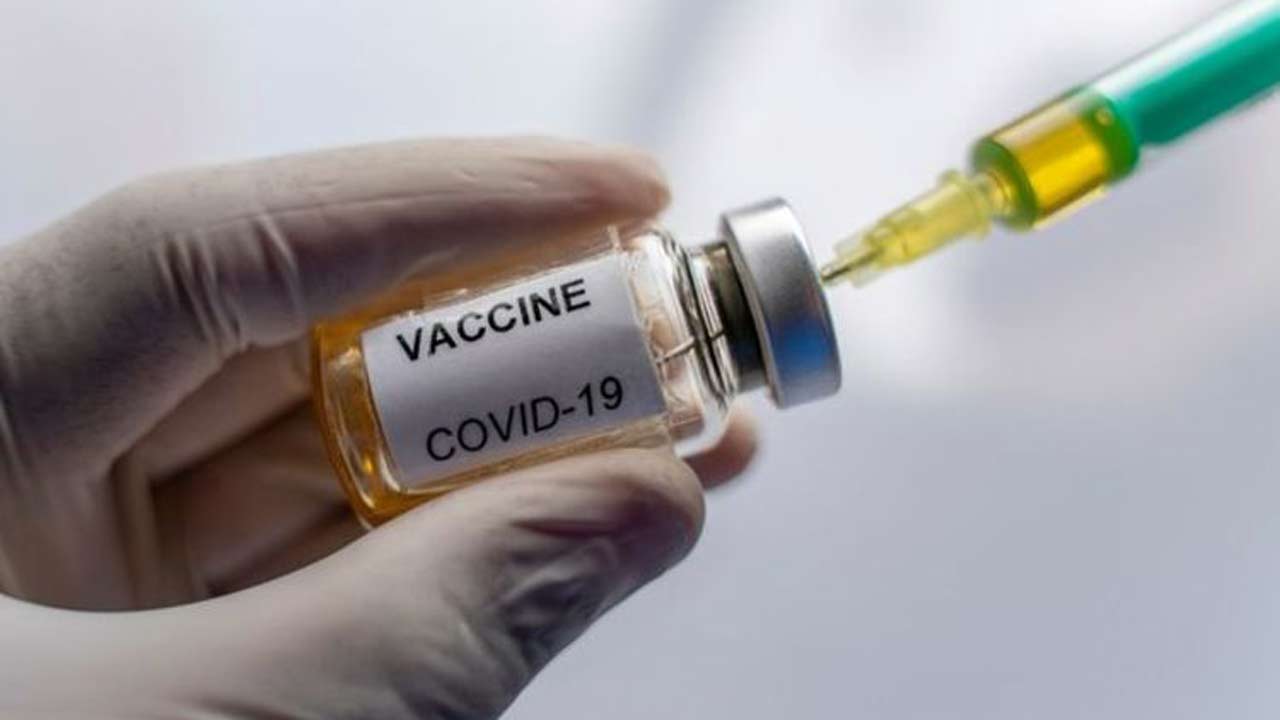Unlike South Africa and some developed nations, Nigeria lacks the capacity to conduct clinical trials on COVID-19 vaccines.
Chairman, Expert Review Committee on COVID-19 and a consultant virologist, Prof. Oyewale Tomori, told The Guardian yesterday his committee and National Agency for Food and Drug Administration and Control (NAFDAC) could only test for safety and not efficacy of food and drugs to be used in the country.
Reacting to report that Nigeria was waiting to receive 16 million doses of same vaccines that South Africa had halted and the question on whether Nigeria could conduct clinical trials like S.A to ascertain the potency of vaccine before administering it, Tomori said the country had neither the capability nor the facility to do so.
According to him, Nigeria has no choice but to wait, “watch and monitor the unfolding story of AstraZeneca vaccine to decide what to do with the expected and unknown arrival date of the 16 million doses.”
On what goes into a clinical trial procedure, Tomori, who was the pioneer vice chancellor of Redeemer’s University, said appropriate facilities and capabilities to recruit participants, administer, follow up and monitor the vaccines, and superb coordination and adherence to approved guidelines and protocols do not exist here.
On how long clinical trials should take and who should conduct it, Tomori said it would depend on protocol, but stressed it should last long enough for antibodies to develop after the completion of dosage protocols.
He said: “You are looking at between one and three months. Ideally and certainly it should be done prior to vaccination exercise. Definitely, NAFDAC has to be involved but not necessarily carry out the exercise. Research and clinical trial centres in our health institutions are the ones set up to carry out the trials…but again with active involvement of NAFDAC.”
Former researcher at the National Institute for Pharmaceutical Research and Development (NIPRD) Abuja, and Chairman of the Africa COVID-19 Vaccine Manufacturing Task Team, Dr. Simon Agwale, told The Guardian that Nigeria was fortunate that South Africa participated in the global clinical trials of COVID-19 vaccines. He said the strategic intervention had helped South Africa to make COVID-19 vaccines rollout evidence based.
Agwale, who is also a virologist and vaccinologist, said the way forward was to make sure the country would participate in all the phases of global clinical trials of new COVID-19 vaccines and to also conduct a placebo-controlled phases I/II of existing COVID-19 vaccines to assess safety, immunogenicity and efficacy before introducing them in the country.
He urged government to invest in strengthening clinical trial capacities, focusing on the available two research institutes and selected universities.
The vaccinologist said healthcare sector research and development intervention by the Central Bank of Nigeria (CBN), which started last year should be expanded as quickly as possible and should be on a rolling basis. He, however, lamented that though the first deadline was October 2020, no award had been made.
“I applaud CBN on this innovation and l encourage them to reduce their grant review process to four-six weeks because we are dealing with an emergency. This initiative by CBN, if properly implemented, will strengthen our local research and development capabilities, bring new medical products to market and will open the gateway to the needed knowledge-based economy. The private sector can then focus on building manufacturing capacities so that these drugs/vaccines will be produced locally,” Agwale said.
The vaccinologist said South Africa was smart to have subjected COVID-19 vaccines to clinical trials and noticed the efficacy wasn’t that strong and thereby, halting the rollout.
A consultant pharmacist and Medical Director of Merit Healthcare, Dr. Lolu Ojo, however, told The Guardian no new products had been used in Nigeria without going through the rigours of clinical trials.
Ojo said NAFDAC has an established process for conducting clinical trials to ensure that they are fit for purpose, safe and efficacious.
He explained that for the unusual case of COVID-19 vaccines, NAFDAC would take them through the efficacy and safety testing, even if it had to be accelerated procedures.
He described clinical trial procedure as research studies carried out in people to evaluate the efficacy and safety of a medical or surgical intervention, saying it could take years from conception to availability in the market.
Ojo said the clinical trial that would be done on the vaccines in Nigeria belongs to the phase 4 variant
Phase 4 trial, according to him, does not take much time because there is enough documentation to guarantee FDA approval.
“It may or may not be prior to the arrival of the vaccines. If it were to be a commercial engagement, the samples will come first, which will be used for clinical trials before NAFDAC will grant registration approval.
“But in this particular case, the trial and deployment can go on simultaneously. It is an emergency situation and Nigeria will not be alone in rapid adoption of vaccines for human use.”
MEANWHILE, the WHO has warned that the longer it takes to vaccinate those most at risk everywhere, the more likely the virus will mutate and evade vaccines.
According to the weekly epidemiological update of February 9, 2021, published yesterday by WHO, once countries with vaccines have vaccinated their health workers and older people, the best way to protect the rest of their own population is to share vaccines to other countries.
The Access to COVID-19 Tools Accelerator (ACT-Accelerator) was formed ten months ago with two aims: first to develop COVID-19 vaccines, diagnostics and therapeutics fast; and second, to distribute them fairly. The first aim has been achieved.
Director-General, WHO, Dr. Tedros Adhanom Ghebreyesus, had said in his opening remarks at the High-Level Finance Ministries’ Meeting for the ACT Accelerator on January 29 that the development and approval of safe and effective vaccines less than a year after the emergence of a new virus is a stunning scientific achievement, and a much-needed source of hope.
Source: Guardian





